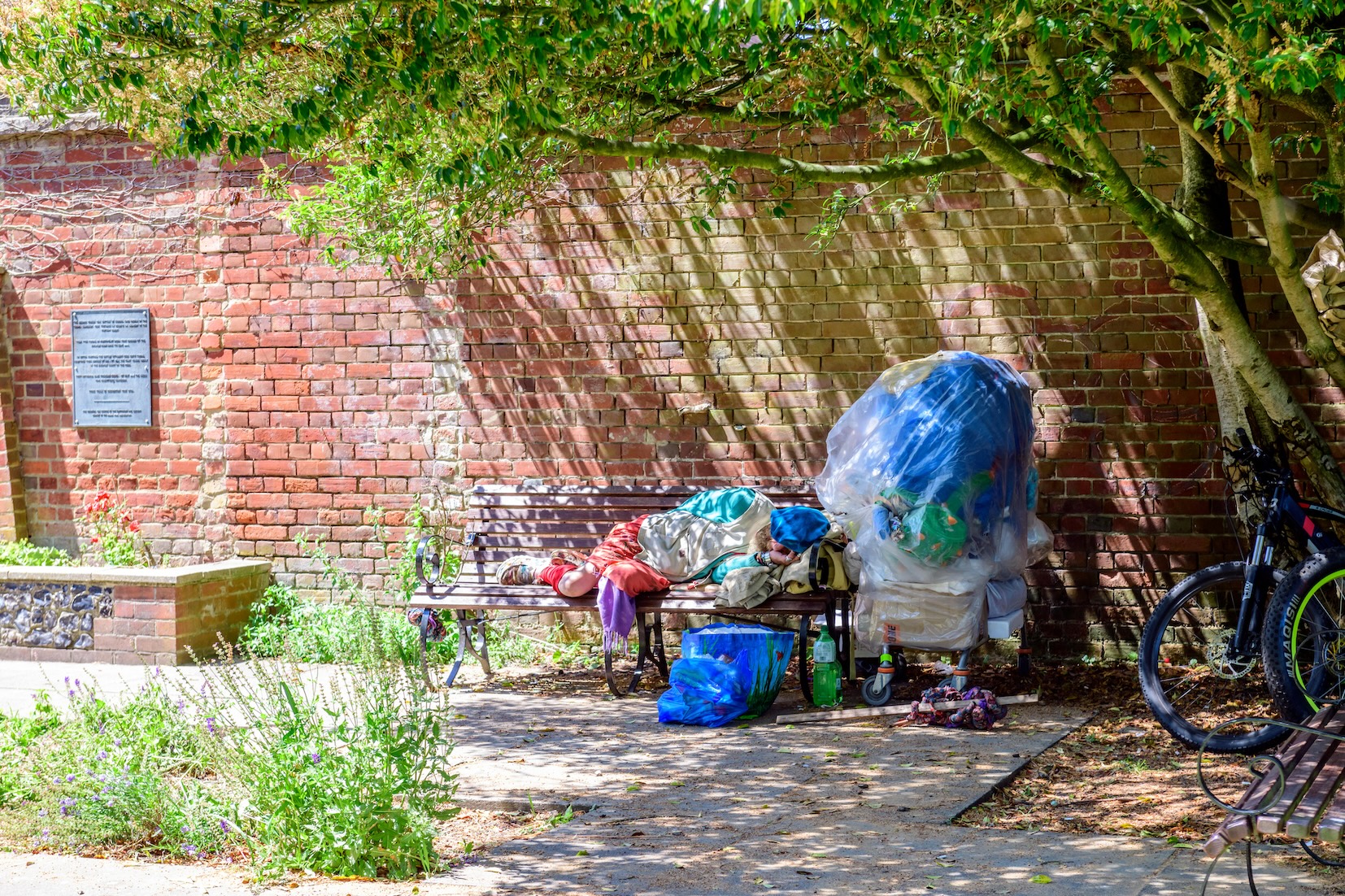Angela Rayner, your time is now
The deputy prime minister understands frontline services better than most of us.
When Angela Rayner took her first steps into her new Whitehall department, the politically neutral and usually blank-faced civil service staff gave her a long cheer of applause. The warmth towards her was palpable. Cut them some slack, for this is no ordinary political appointment. The chances of Rayner finding herself in Whitehall at all were slim, let alone picking up the keys to her government office. It was a momentous moment not just for her personally, but for the government and the country.
It is impossible to overestimate the significance of Deputy Prime Minister Angela Rayner. She has been labelled “Starmer’s John Prescott”, but that’s less than half the story. Let’s set it out in bold terms: she is a woman whose mother could not read, who became pregnant as a teenager without any qualifications, who spent her early adult life as a social housing tenant and became a grandmother by age 37.
We need people like Rayner in government. As Chancellor Rachel Reeves clarified this week, our public finances and public services are in crisis. Rayner understands how frontline and crisis services work not only as a politician and community organiser, but as a former user of those services. She has described in moving detail how using her local Sure Start centre turned her life around. “I learned things that might seem simple – that it was important to hug and love your child, and read to them,” she wrote. “This might seem obvious, but it wasn’t to me at the time…. I was able to break the cycle.”
When Rayner says that politics changes lives, she means it because she knows it. Now, at 44, she takes the second most important seat at the cabinet table.
It wasn’t an easy route, certainly not one furnished by a university degree or time working for a think tank in Westminster. Rayner took a job as a care worker for Stockport Council, where she was elected as a union representative for Unison. She was later elected as convenor of Unison North West, the lead union official in her region. She was noticed by the Labour Party for her passionate speeches about the value of public services and was selected to stand for the seat of Ashton-under-Lyne in the 2015 general election.
She has represented the constituency in parliament ever since, and has held several shadow cabinet positions before becoming shadow deputy prime minister in 2023. She has been a visible and impassioned campaigner on various progressive issues, from education to social housing to LGBTQI+ rights. A recent viral video of her leading the crowd at Pride, simply enjoying herself while campaigning, proved a particular irritant to the hard right.
"Raising your children as a social housing tenant is a different degree of understanding"
Statistically, Rayner shouldn’t have been able to achieve this impressive turnaround. According to the Institute for Fiscal Studies, social mobility is at its lowest point for more than half a century, meaning that children born into poor households find it harder than ever to move up the social and economic ladder. In particular, it found that those growing up in the north of England, like Rayner, or those from an ethnic background would find it much harder to become wealthier than their parents. The decline in social mobility has been exacerbated by the stagnation in average earnings, while the passing on of house price wealth through inheritance is now also playing an important role in lifetime incomes – meaning those growing up, and living, in social housing have less chance of boosting their children’s life chances.
As a individual, however, Rayner is not a complete outlier. There are many women just like her, who have endured tough journeys of survival, who fight for every success they have, who have overcome the highest hurdles and who have built stable, happy lives for themselves. But we never see them. We don’t hear their voices. We fail to bring their decades of personal experience to bear on the big decisions that affect us all.
That invisibility has consequences. On social media, she has been criticised for “promiscuity” (sex at 16 is legal, and no adult man would ever be judged by their childhood choices), sneered at because she "can't speak properly” (she has a Northern accent unpolished by a private school, just like her constituents and half the country), attacked for having no formal qualifications (it’s hard to achieve academically in school when your own mother cannot help you read), and abused for taking a role that she had not gained “on merit”.
On merit? These critics act as if social mobility only counts when it translates to a university degree, as if the only route out of poverty is a Bachelor of Arts in Politics, Philosophy and Economics. While Oxbridge debating houses under-prepared the last cabinet for the huge task of holding executive power, Rayner’s struggle to be the woman she is now – her years of juggling solo child-rearing, poorly-paid and under-respected work, tight budgeting, lazy sexism and misogyny, being shouted down and spoken over – is perfect training for the task ahead of her.
Rayner has been appointed housing and communities secretary as well as deputy prime minister. Many ministers of state have talked about being raised in social housing. Yet raising your children as a social housing tenant is a different degree of understanding. As the country faces the deepest housing crisis, we all benefit from having a decision-maker who understands poverty and housing needs.
Above all that, she’s well-loved. A video of her dancing to 1990s club classic ‘Only Love Can Set You Free’ at a charity DJ battle speaks to a generation that, just like her, believes life should involve both hard work and fun.
On Friday, the Sutton Trust indicated that Starmer’s cabinet would have the highest number of ministers educated at comprehensive schools, and the lowest proportion in modern history who went to private schools. The people making our laws now have felt the effects of social policy on their lives – Angela Rayner perhaps more than any other.
The Lead is now on Substack.
Become a Member, and get our most groundbreaking content first. Become a Founder, and join the newsroom’s internal conversation - meet the writers, the editors and more.





